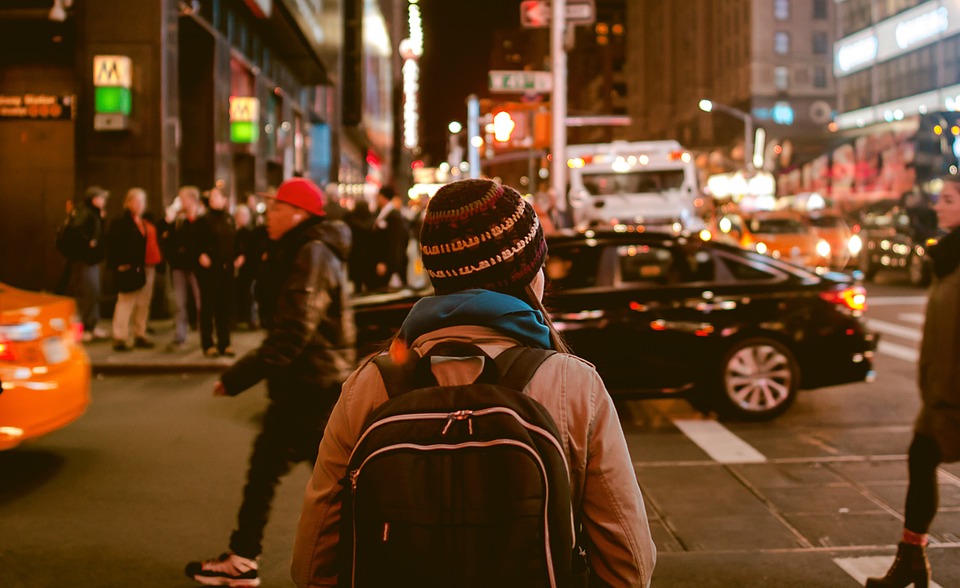The Importance of Place
Our attachment to place is as profound and complex as our attachment to people. Chris Rose, editor of a new book about the connection between psychotherapy and psychogeography, considers how physical environment shapes our identity, and explains why we must attend to the ‘where’ of therapy, as well as the ‘when’ and ‘who’

Psychodynamic and systemic therapies have always asked ‘where does this come from?’ ‘Where’, of course, denotes place, but our curiosity about ‘when’ and ‘who’ has often diverted us from this significant aspect of selfhood. I have been exploring connections between psychotherapy and psychogeography, and this has brought the interrelationship between place and identity into much sharper focus.
Land and water have always been essential for our survival, and throughout history have been, and still are, taken over by those with economic, military and political power. Our relationship to the land, to the physical environment, flows through family, culture, and nationhood. If, as I believe, our relational experiences are the raw material from which our selves are constructed, then so too are our experiences of the wider environment. Identity is tied to place. The environment is not the backdrop; it is woven through our identity. ‘Land’ may seem a romantic anachronism in our urban lives, but our relationship to place is equally powerful in towns and cities. Attachment to place is as profound and complex as that to people.
Who we are and where we feel at home are bound together. The word ‘home’ itself conjures geographical location, emotional resonances, attachments, images, memories and more. It straddles our external and internal landscapes in a way that demonstrates the permeable boundary between the two. We find ourselves attracted, not only to particular people, but to places too; like a fingerprint, we have a unique patterned response to our environment created through our experience. Certain landscapes, streets, atmospheres, colours, sights, sounds and smells resonate, and can teach us much about our own selves, if we pay attention.
The conversations we have about emotional states and attitudes are laden with spatial metaphors. A safe space, where you’re at, stuck in a corner, deep in a hole, falling through space – we so often turn to geography to find words for our experiences, so we should not be surprised that the geographical environment shapes our identity.
Therapy, too, has its own geographical environment. What is said is linked to where it is said; to disclose our most intimate feelings we need a sense of emotional and physical security that derives in part from the place we are in. In our own therapy rooms, we may attempt to create spaces that are containing but not intrusive, calm but not cosy, interesting but not over stimulating. However, most of us have also worked in spaces that we have no control over, that are hostile to the task in hand: rooms full of desks, cupboard-sized spaces, consulting rooms with hospital beds and screens, stained carpets, noisy corridors and so on. These powerful intrusions from the physical environment can be impossible to ignore.
Once we begin to explore this, along with the possible resonance with previous environments, we will probably be led into a consideration of power: who controls this space, who decides its usage, and who is excluded from the decision-making, for example. This way, it becomes even clearer that it is not only who we are that is profoundly shaped by place, but that place involves power. Losing our place – being exiled, bombed, expelled, displaced – causes major tears in the fabric of being. Refugees, migrants, asylum seekers, and those working with them know this only too well.
We need to take care that the ‘where’ does not get lost in our attempts to understand each other; ‘place’ is too significant to ignore.
Psychogeography & Psychotherapy: connecting pathways, edited by Chris Rose, is published by PCCS Books.